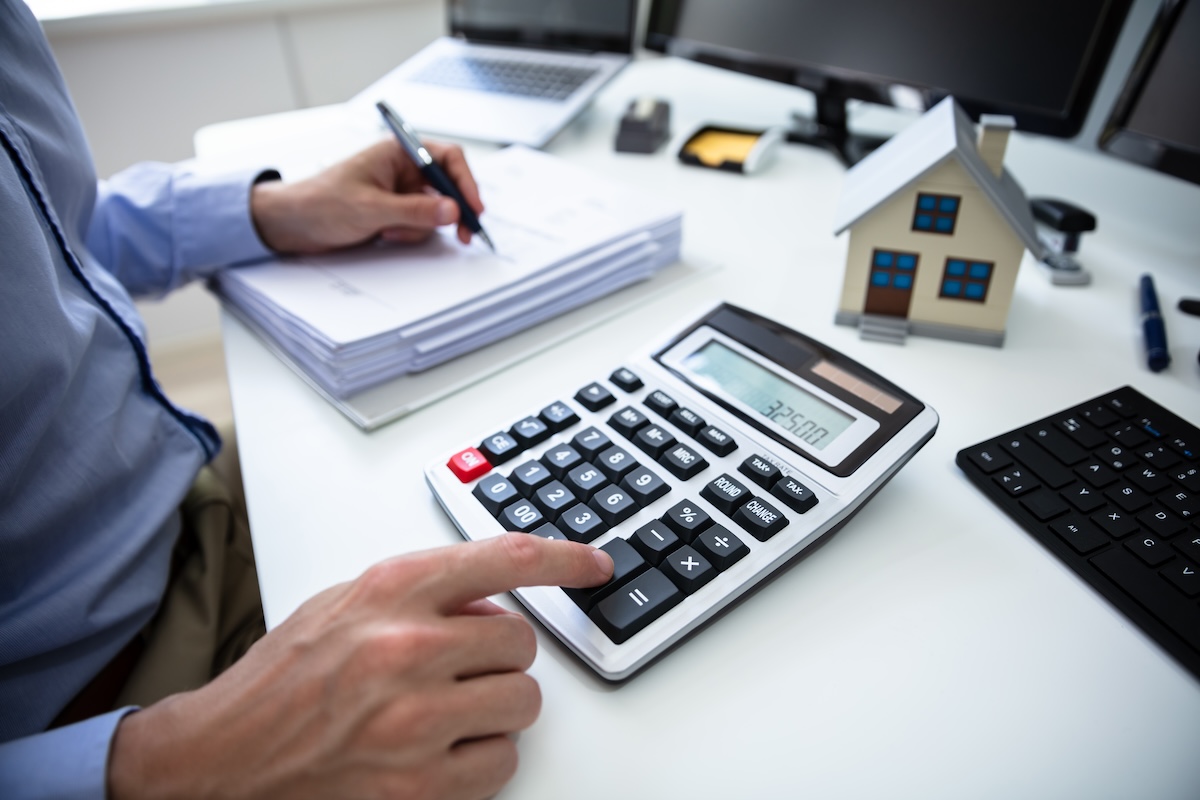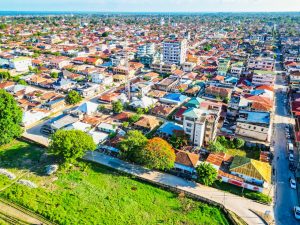Property taxes are a critical aspect of homeownership in Toronto, impacting everything from household budgets to real estate decisions. As 2025 approaches, Toronto homeowners are seeing an upward trend in property tax rates, raising questions about the reasons behind the increase and its implications.
This comprehensive guide will explore why Toronto property tax is rising, how it’s calculated, and what homeowners can do to manage this expense effectively.
Understanding Property Taxes in Toronto
Toronto homeowners are facing higher property tax bills in 2025 as the city addresses financial challenges and invests in critical infrastructure. Understanding the reasons behind these increases, how they compare to other cities, and what they mean for your budget is essential for making informed financial decisions. Here’s everything you need to know about property tax in Toronto this year.
What Are Property Taxes?
Property taxes are annual payments made by homeowners to fund local services and infrastructure. In Toronto, these taxes are calculated based on:
- Municipal Property Assessment Corporation (MPAC) Assessment Value: The market value of your property. MPAC evaluates properties based on criteria such as market trends, location, and property features, conducting assessments every four years.
- Tax Rate: Set annually by the City of Toronto.
How Are Property Taxes Used?
Property taxes in Toronto fund essential services such as:
- Public transportation and road maintenance.
- Emergency services (police, fire, and EMS).
- Waste management and environmental programs.
- Parks, recreation, and cultural initiatives.
Why Is Toronto Property Tax Increasing in 2025?
Several factors are contributing to the rise in property tax in Toronto this year:
1. Municipal Budget Shortfalls
Toronto faces significant financial pressures due to the pandemic’s lingering impact, reduced revenues, and increased spending on public services. The city’s 2025 budget aims to address these deficits through higher property tax rates.
2. Rising Infrastructure Costs
With major projects like transit expansions (Ontario Line, Eglinton Crosstown) and road repairs, Toronto is investing heavily in infrastructure. These improvements come at a cost, driving the need for additional revenue through property taxes.
3. Inflation and Operational Expenses
The cost of maintaining essential services is increasing, partly due to inflation. Emergency services, public transit, and waste management require higher funding to keep up with demand.
4. Declining Provincial and Federal Support
While Toronto previously relied on provincial and federal funding for certain programs, reduced contributions have left the city with no choice but to increase property taxes to cover the gap.
How Does Toronto Compare to Other Ontario Cities?
Despite the increase, Toronto’s property tax rates remain lower than those in many neighbouring cities:
- Toronto: 0.63% average tax rate.
- Mississauga: 0.83%.
- Brampton: 0.99%.
- Hamilton: 1.17%.
While Toronto homeowners benefit from relatively low rates, the rising property values mean they often pay more in actual dollars compared to residents in cities with higher rates but lower home prices.
What Does This Mean for Homeowners?
Rising property taxes in Toronto have direct implications for homeowners, influencing their financial planning and long-term affordability. Whether you already own a home or are planning to buy one, understanding how these increases affect your budget and future decisions is essential. Here’s what the 2025 property tax changes mean for both current homeowners and prospective buyers.
For Current Homeowners
- Higher Annual Bills: Expect an increase in your property tax bill for 2025. Plan your household budget accordingly to accommodate this rise.
- Impact on Affordability: Rising taxes may strain budgets, especially for those on fixed incomes. Programs like Toronto’s Property Tax, Water, and Solid Waste Relief Program for low-income households can provide relief.
For Prospective Buyers
- Higher Carrying Costs: Factor increased property taxes into your home-buying budget, as they affect monthly affordability alongside mortgage payments and utilities.
- Shifts in Demand: Neighbourhoods with historically lower taxes may see higher demand, pushing property values in those areas even further.
Strategies for Managing Property Tax Increases
While rising property taxes can put pressure on your finances, there are practical ways to mitigate their impact. From reviewing your property’s assessment to leveraging tax relief programs, adopting the right strategies can help you better manage these increases and maintain control over your budget. Here are some effective approaches to consider.
1. Review Your Property Assessment
The MPAC’s assessment of your property is key to determining your tax bill. If you believe the valuation is too high, consider appealing the assessment to potentially lower your taxes.
2. Take Advantage of Tax Relief Programs
Toronto offers several programs for eligible residents, including:
- Deferrals for seniors and low-income individuals.
- Rebates for heritage properties and charitable organizations.
3. Budget for the Increase
Incorporate the anticipated tax hike into your annual budget to avoid financial strain.
4. Monitor Long-Term Trends
Stay informed about municipal budgets and proposed tax rate changes. Understanding the city’s financial plans can help you anticipate future increases.
Why Choose Justo for Your Real Estate Needs
Navigating Toronto’s real estate market amidst rising property taxes requires expert guidance. Here’s how Justo can help:
- Expert Market Insights
Justo’s team stays up-to-date on market trends, including property tax changes, ensuring you make informed decisions whether you’re buying or selling.
- Client-Focused Services
From cashback offers to personalized advice, Justo simplifies the process of buying or selling in Toronto, helping you achieve your goals while maximizing value.
- Tools to Help You Plan
With access to detailed property data, tax estimates, and professional consultations, Justo ensures you’re fully prepared to navigate the financial aspects of homeownership.
Preparing for Toronto Property Tax in 2025
The increase in Toronto property tax for 2025 reflects the city’s growing financial demands and infrastructure investments. While the rise may pose challenges for homeowners, understanding the factors behind it and leveraging available resources can help you manage the impact effectively.
Ready to navigate Toronto’s real estate market amidst rising property taxes? Let Justo guide you with expert advice and client-focused services. Contact Justo today to make informed decisions and maximize your investment.
- The Impact of Interest Rate Cuts on Toronto’s Housing Affordability - April 23, 2025
- Bank of Canada Holds Interest Rate Steady Amid Tariff Uncertainty - April 19, 2025
- The Impact of Interest Rate Cuts on Toronto’s Housing Affordability - April 11, 2025




